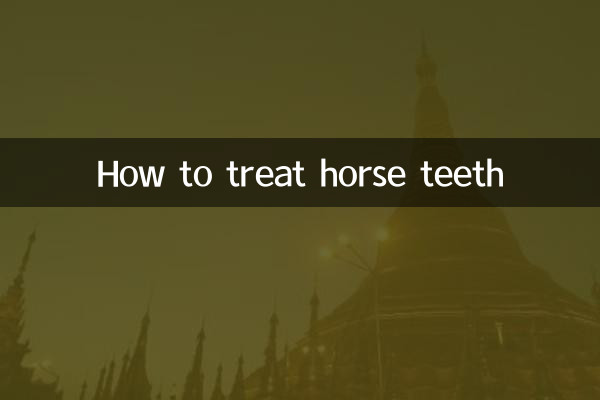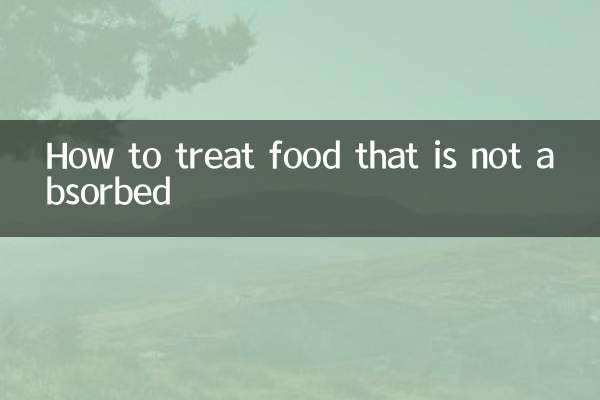How to treat horse teeth
Horse teeth (neonatal gingival cysts) are small white or yellow cysts commonly found in babies' mouths, usually on the gums. Although horse teeth are usually harmless and go away on their own, many parents are confused about their treatment and care. This article will combine the hot topics and hot content on the Internet in the past 10 days to provide you with detailed answers to the treatment methods of horse teeth.
1. What are horse teeth?

Horse teeth are a common phenomenon in a newborn's mouth that appear as small white or yellow cysts on the gums. These cysts form due to a buildup of epithelial cells and usually appear within a few weeks of birth and disappear on their own within a few months.
2. Symptoms of horse teeth
| Symptoms | Description |
|---|---|
| Appearance | Small white or yellow cysts, about 1-3 mm in diameter |
| location | Usually appears on the roof of the mouth or gums |
| Quantity | May appear singly or in multiples |
| discomfort | Usually painless and does not affect baby's feeding |
3. Treatment methods for horse teeth
Horse teeth usually do not require special treatment, but the following methods can help relieve discomfort or speed up their disappearance:
| Treatment | Specific operations |
|---|---|
| fade naturally | Most horse teeth disappear on their own within weeks to months |
| oral hygiene | Gently wipe baby's gums with clean gauze to maintain oral hygiene |
| avoid squeezing | Never squeeze your horse's teeth with your hands or tools to avoid infection. |
| Consult a doctor | If the horse tooth persists or causes discomfort, it is recommended to seek medical examination. |
4. Parents’ Frequently Asked Questions
The following are the popular questions parents have asked about horse teeth in the past 10 days:
| question | answer |
|---|---|
| Will horse teeth affect baby's teething? | No, horse teeth have nothing to do with the growth of deciduous teeth |
| Are horse teeth contagious? | No, horse teeth are non-contagious |
| Do horse teeth require medication? | Usually no medication is needed unless specifically recommended by your doctor |
| What is the difference between horse teeth and thrush? | Oral thrush is a fungal infection and requires treatment; horse teeth are a physiological phenomenon and will heal on its own. |
5. When do you need medical treatment?
Although horse teeth usually do not require treatment, prompt medical attention is recommended if:
6. Precautions for preventing horse teeth
Although horse teeth cannot be completely prevented, the following measures can reduce the chance of its occurrence or relieve symptoms:
7. Summary
Horse teeth are a common physiological phenomenon in newborns and usually resolve on their own without special treatment. Parents should remain calm, avoid excessive intervention, and pay attention to oral hygiene. If you have any doubts or abnormalities, timely consultation with a professional doctor is the safest choice.
Through the above content, I hope you will have a more comprehensive understanding of the treatment and care of horse teeth. Remember, in most cases, patience is the best “cure.”

check the details

check the details